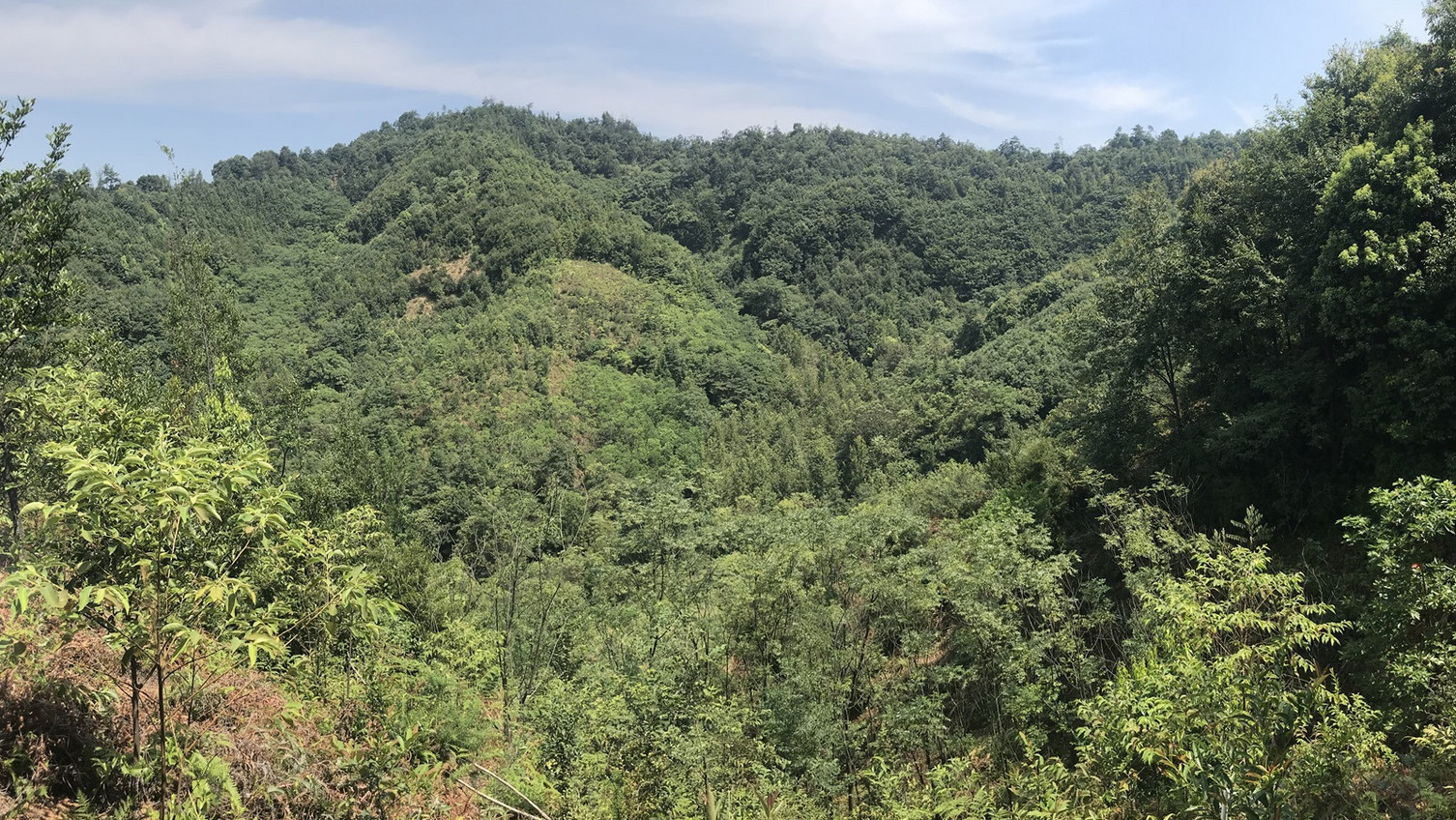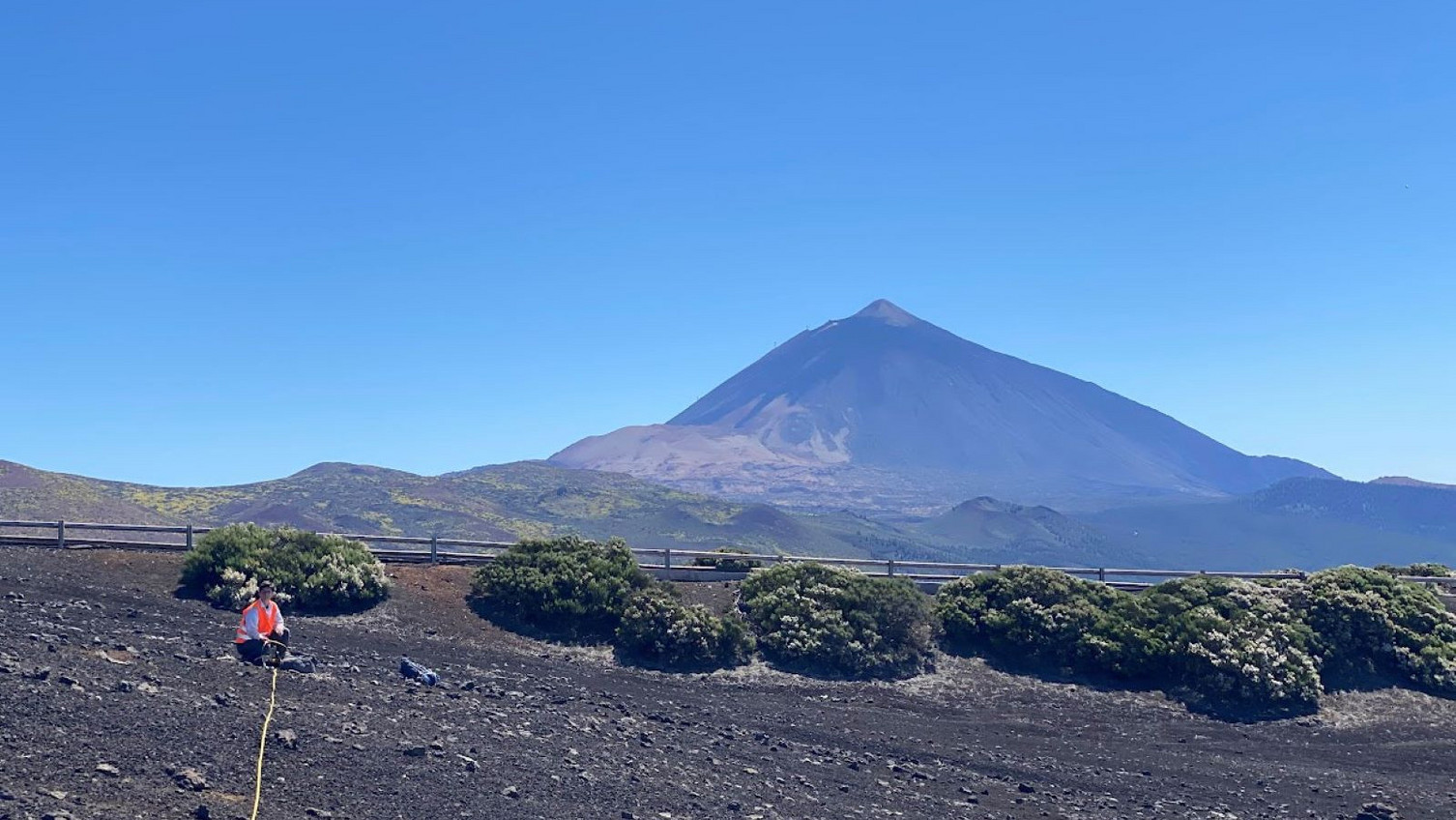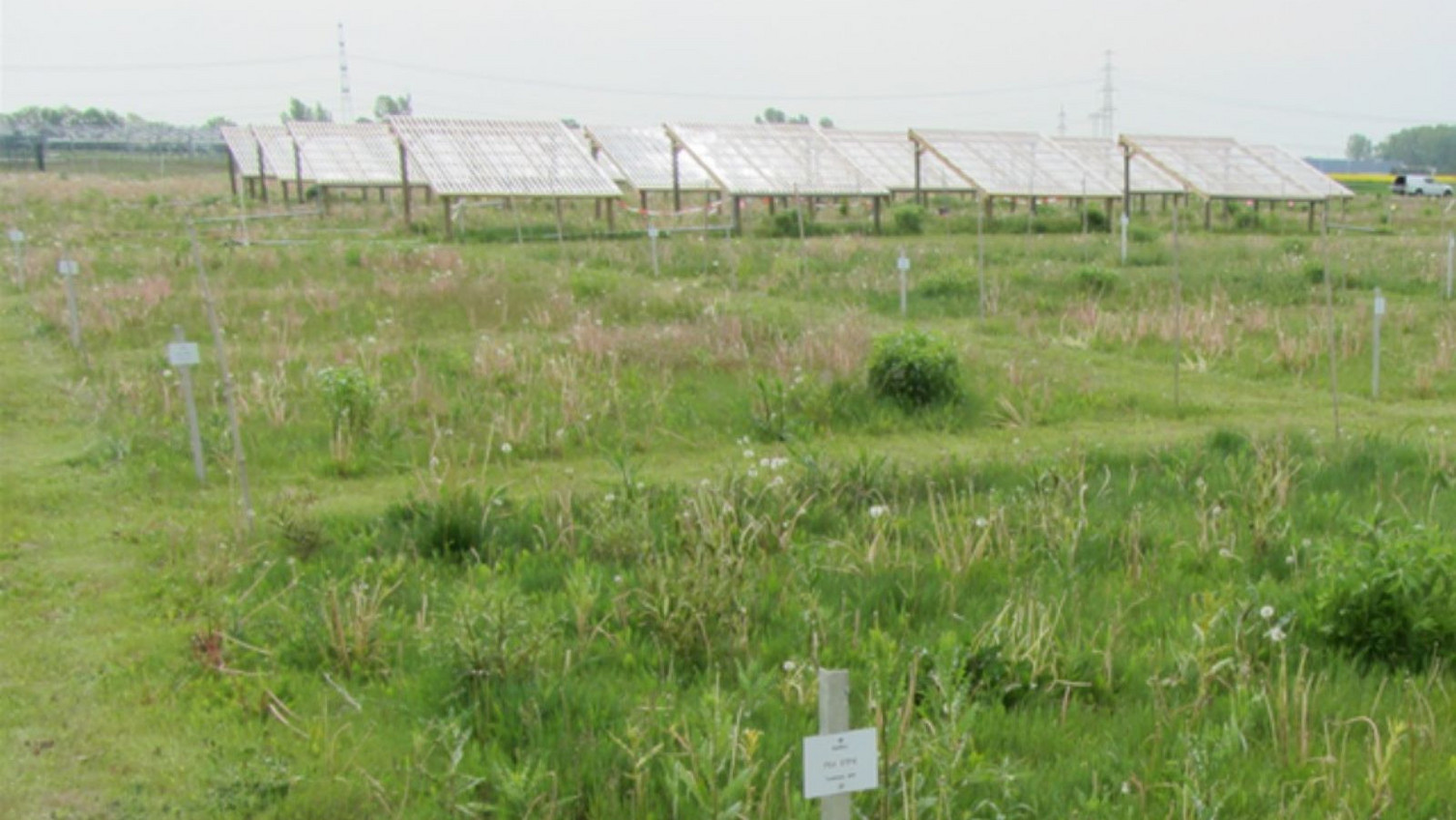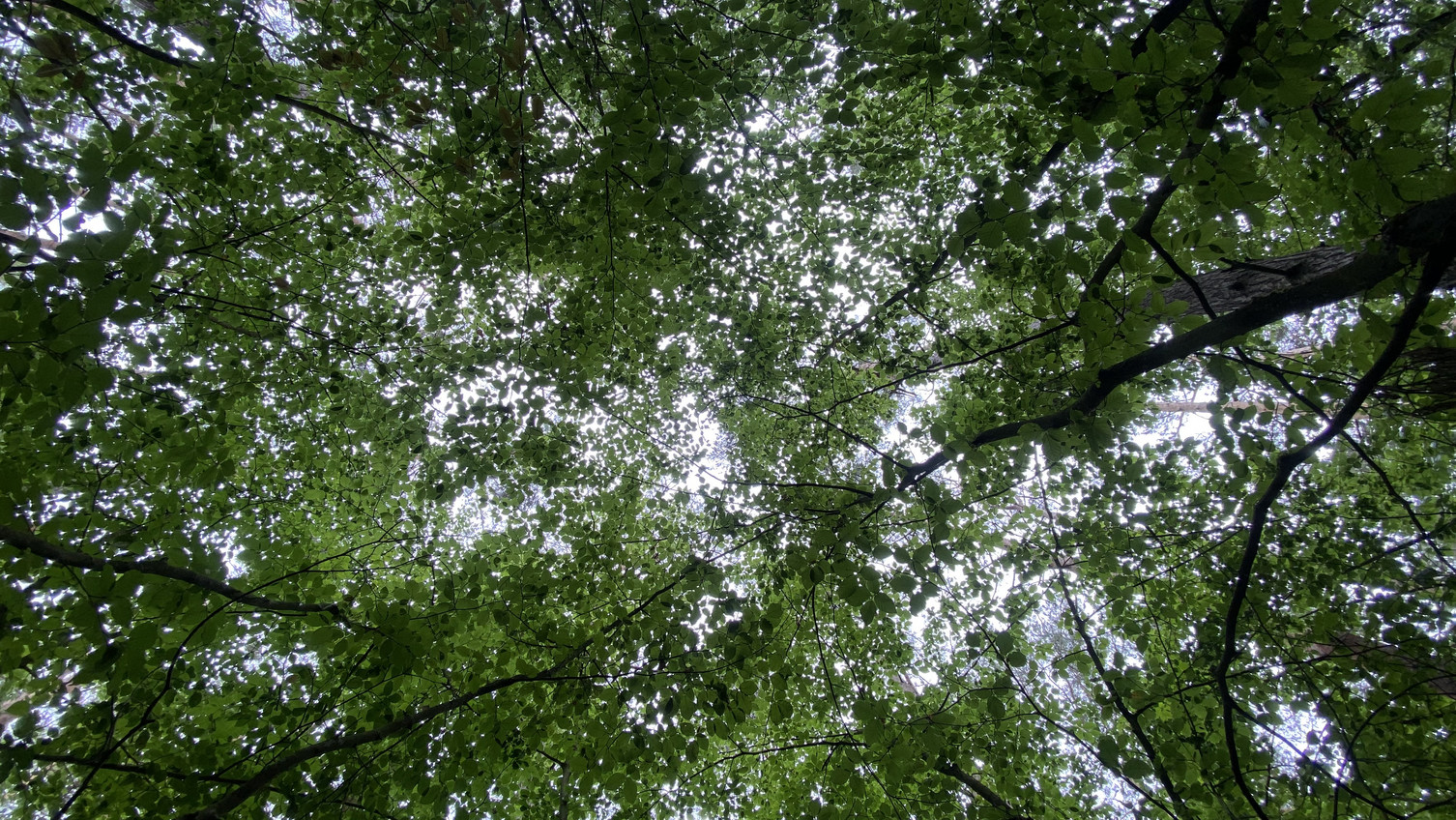Bachelor & Master Thesis
If you are interested in writing your Bachelor’s or Master’s thesis in our group, please consider the following:
- Theses are typically done in the context of ongoing research projects, because this is where we can offer the best supervision. Your work will be relevant for the research project and your data and/or results will be used.
- Our research projects use methods of natural sciences.
- In most theses, there is a practical part included; either in the field or in the laboratory.
- Theses only doing a literature review or analyzing existing data are possible, but not the rule. There needs to be good reasoning why such an approach is justified for the topic.
- With no exception, data analysis has to be done in R, and we require that you are familiar with the program to a point that you are able to apply knowledge from previous coursework. This means for Bachelor’s theses, we expect you to be able to apply the functions you learned in the tutorials during your second semester.
- Projects that involve field work take time to organize. Please make sure that you approach us early enough when considering writing your thesis with us.
Generally, we are working in English, but there are options to write in German.
Below you will find a list of our main ongoing research projects. If you are interested in any of them, or you have an inquiry concerning a non-project-related thesis topic, please contact our office management (tanja_michaela.mueller@leuphana.de) and you will receive a link to an online survey about your interests and expertise.
"TreeDì - 林地 - TreeDiversity Interactions: The role of tree-tree interactions in local neighbourhoods in Chinese subtropical forests" is an International Research Training Group funded by the German Research Foundation (DFG) and the University of Chinese Academy of Sciences (UCAS). Biodiversity-Ecosystem-Functioning (BEF) research in forests has become a vibrant field of research in the last decade. The aim of TreeDì - 林地 (lín dì, forest land) is to understand how tree-tree interactions in local neighbourhoods of varying diversity translate into the observed positive tree species richness effects on key ecosystem functions at the community scale. Within TreeDì, we focus on functional biodiversity research by analyzing the role of leaf traits in mediating BEF-relationships, and on crown architecture and productivity as response to local species richness. Besides tree-tree interactions, we also assess the role of shrubs and how trees and shrubs influence each other.
(MIREN)
The aim of MIREN is to understand the effects of global change on species’ distributions and biodiversity in mountainous areas. MIREN was founded in 2005 with a focus on the global monitoring of non-native plant invasions in mountains. Now, the initial focus has expanded to the study of species redistribution under different drivers of global change, including biological invasions, climate change, and land-use change. We perform observational and experimental studies along elevation gradients to evaluate and quantify the processes and mechanisms that are shaping mountain plant communities at regional to global scales. We research both temporal and spatial changes in community composition as well as the specific influence of non-native species. (Meike, Sylvia)
Examples of past or ongoing topics:
- Native-alien plant dynamics in mountain regions: exploring diversity-invasibility relationships at different elevation and disturbance levels
- Influence of non-native species and disturbance on plant functional traits along elevational gradients
(NutNet)
One of the most pervasive human impacts on ecosystems is alteration of global nutrient budgets. The Nutrient Network is a coordinated research network comprised of more than 130 grassland sites worldwide. In experimental plots, we investigate the effects of fertilization (nitrogen, phosphorus, potassium and their combinations) on plant productivity and diversity. Our group runs a site in Bad Lauchstädt (south of Halle) since 2015, where we collect vegetation data every year. The main questions of NutNet are: How general is our current understanding of productivity-diversity relationships? To what extent are plant production and diversity co-limited by multiple nutrients in herbaceous-dominated communities?
Forest disturbances under climate change in Lower Saxony: Understanding drivers and impacts to enhance forest adaptability (DIVERSA)
The DIVERSA project investigates how different deciduous tree species respond to increasing drought and heat stress and the role of forest management. The aim is to better understand the mechanisms of intraspecific und intraindividual variability in terms of drought and heat adaptation to support climate-resilient forest management. The project integrates field observations with experimental approaches. In several forests across Lower Saxony, we collect data on leaf traits, physiological branch traits, microclimate, and soil characteristics. In addition to forest management practices, we consider climate factors and local site conditions. A two-year greenhouse experiment complements the fieldwork, assessing the combined effects of drought and nitrogen on tree growth and regeneration as well as combining these with biodiversity effects.




